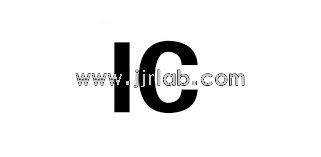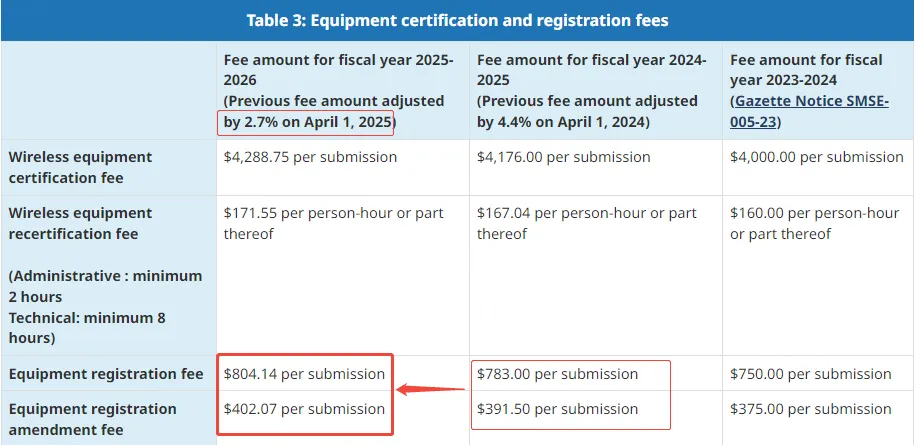
How to get an EN 60335 Test Report for Household Appliances?
How to Apply for an EN 60335 Report for Household Appliances? What is the EN 60335 Standard?
The EN 60335 standard is a safety specification for household appliances developed by the International Electrotechnical Commission (IEC) and adopted by the European Committee for Electrotechnical Standardization (CENELEC). It serves as a core basis for EU CE certification. The primary objective of the standard is to ensure that household and similar electrical appliances do not pose hazards to people, property, or the environment during normal operation or in case of malfunction.

Structure of EN 60335
1. General Requirements (Part 1)
Defines fundamental safety criteria, including protection against electric shock, insULation performance, mechanical strength, and temperature rise limits.
2. Particular Requirements (Part 2 Series)
Provides additional clauses tailoRED to specific appliances (e.g., irons, electric kettles, vacuum cleaners), addressing special design, testing, and usage conditions.
Scope of EN 60335
1. Applicable Products:
Household and similar electrical appliances, including kitchen appliances (e.g., rice cookers, blenders), cleaning devices (e.g., vacuum cleaners), and personal care appliances (e.g., hair dryers).
2. Voltage Limitation:
Mainly applicable to appliances with a rated voltage not exceeding 250V.
Core Safety Requirements of EN 60335
1. Electrical Safety
- Insulation design and grounding to prevent electric shock;
- Short-circuit protection and overload testing to ensure safety under abnormal conditions.
2. Mechanical Safety
- Enclosures must resist pressure and impact; sharp edges or corners should be avoided;
- Moving parts must have protective features (e.g., blade guards for blenders).
3. Thermal Safety
- Thermostats or automatic shutdown features to prevent overheating and fire hazards;
- Heat dissipation must comply with specified temperature rise limits.
4. Environmental Adaptability
- Waterproof and dustproof testing (e.g., bathroom devices must meet IP ratings);
- Electromagnetic compatibility (EMC) requirements to minimize interference with other equipment.
EN 60335 Certification Process
1. Design & Testing
- The product must meet insulation and grounding design requirements during the R&D stage;
- Must pass tests for electrical strength, heat resistance, mechanical shock, etc.
2. Documentation & Compliance
- Submit technical documentation (including user manuals and risk assessment reports);
- Independent evaluation by a third-party body is required.
Special Scenario Requirements
1. Water-related Appliances (e.g., electric water heaters):
Emphasize water-electricity separation, temperature control, and pressure relief mechanisms.
2. Kitchen Appliances (e.g., induction cookers):
Require additional attention to high-temperature protection and mechanical stability.
The EN 60335 standard is dynaMICally updated to stay aligned with technological developments and is a crucial access requirement for household appliances entering the European and global markets.
Email:hello@jjrlab.com
Write your message here and send it to us
 What is Protection Class EN 60529?
What is Protection Class EN 60529?
 IP69 Certified Protection
IP69 Certified Protection
 California Energy Commission Testing Lab
California Energy Commission Testing Lab
 What Does the Canadian IC Mark Mean?
What Does the Canadian IC Mark Mean?
 How Much is the Canada IC ID Certification cost?
How Much is the Canada IC ID Certification cost?
 How Much is the Canada IC ID Certification Fee?
How Much is the Canada IC ID Certification Fee?
 How Much is the UL 982 Test Report csost?
How Much is the UL 982 Test Report csost?
 ISO/IEC 17025 Accredited Test Laboratory
ISO/IEC 17025 Accredited Test Laboratory
Leave us a message
24-hour online customer service at any time to respond, so that you worry!




